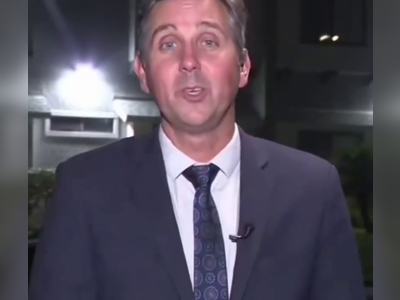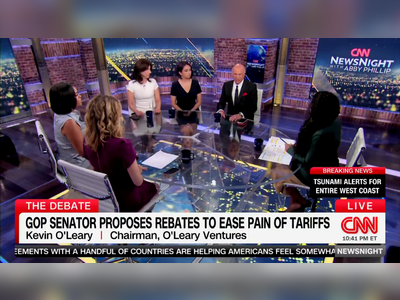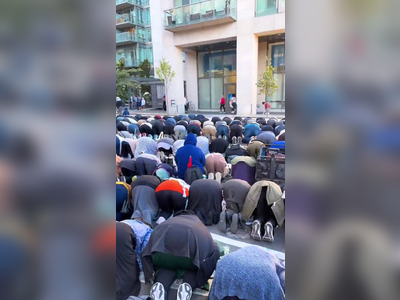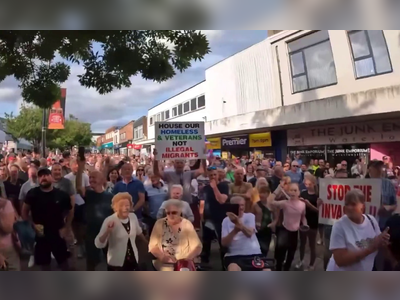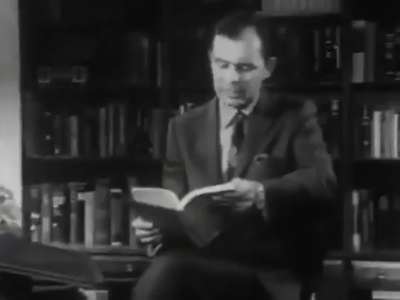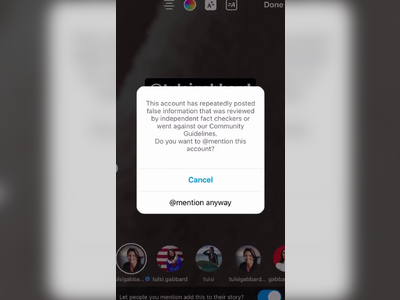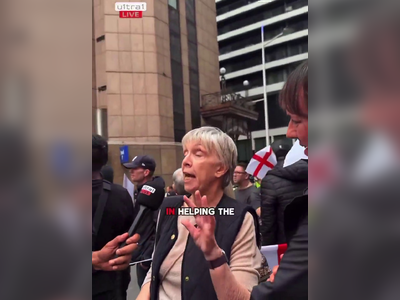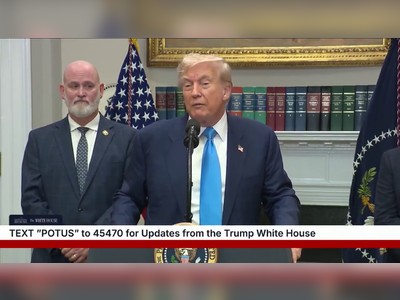Colombia Experiences Surge in Violence Amid Coordinated Attacks
At least four dead and numerous injured in wave of bombings and shootings across southwestern Colombia.
Colombia is facing a severe security crisis following a series of coordinated bomb and gun attacks that resulted in at least four fatalities and multiple injuries in the southwestern region of the country.
The national police reported that 19 attacks targeted various facilities in Cali, Colombia's third-largest city, as well as surrounding towns, including Villa Rica, Guach inte, and Cor into.
Targets of the assaults included police stations, municipal buildings, and civilian locations.
National police chief Carlos Fernando Triana confirmed that the attackers used a variety of weapons, including car bombs, motorcycle bombs, and rifle fire, as well as a suspected drone.
The police also stated that two police officers had been killed alongside two civilian casualties, while 12 additional individuals sustained injuries during the violence.
Eyewitness accounts reported scenes of devastation, with areas in Cali and neighboring towns displaying wreckage and damaged vehicles amidst the debris.
The attacks followed closely on the heels of an attempted assassination of a prominent presidential candidate in Bogotá, contributing to heightened tensions in Colombia.
This surge in violence has reignited concerns among many citizens regarding a possible resurgence of the brutal conflicts that characterized the country during the 1980s and 1990s, when cartel-related violence, guerrilla warfare, and political killings were rampant.
Luz Amparo, a resident of Cor into, described her experience during the attacks, recalling the blast that caused significant damage to her bakery.
She initially thought an earthquake had occurred but soon realized that gunfire was the source of the disturbance.
Authorities have indicated that the recent assaults were likely executed by a dissident faction of the former Farc guerrilla group, specifically a coalition known as the Central General Staff (EMC).
Security expert Elizabeth Dickenson from the International Crisis Group suggested that the attacks illustrated both the strategic coordination of the EMC and their operational capabilities within urban areas like Cali.
Dickenson noted that the attacks could be a response to ongoing military operations targeting the group's leadership, including an individual known as 'Iván Mordisco.' The EMC warned in a statement for the public to remain clear of military and police sites but refrained from directly claiming responsibility for the attacks.
These violent events transpired shortly after conservative senator Miguel Uribe was shot in Bogotá while campaigning, further exacerbating national anxiety about political safety and security.
President Gustavo Petro mentioned on social media that the assassination attempt could have ties to an international criminal organization, asserting that security measures for Uribe were unusually lax on the day of the incident.
In a related development, a 15-year-old suspect has pleaded not guilty concerning the assassination attempt, with government sources suggesting he may have been a hired assailant.
The national police reported that 19 attacks targeted various facilities in Cali, Colombia's third-largest city, as well as surrounding towns, including Villa Rica, Guach inte, and Cor into.
Targets of the assaults included police stations, municipal buildings, and civilian locations.
National police chief Carlos Fernando Triana confirmed that the attackers used a variety of weapons, including car bombs, motorcycle bombs, and rifle fire, as well as a suspected drone.
The police also stated that two police officers had been killed alongside two civilian casualties, while 12 additional individuals sustained injuries during the violence.
Eyewitness accounts reported scenes of devastation, with areas in Cali and neighboring towns displaying wreckage and damaged vehicles amidst the debris.
The attacks followed closely on the heels of an attempted assassination of a prominent presidential candidate in Bogotá, contributing to heightened tensions in Colombia.
This surge in violence has reignited concerns among many citizens regarding a possible resurgence of the brutal conflicts that characterized the country during the 1980s and 1990s, when cartel-related violence, guerrilla warfare, and political killings were rampant.
Luz Amparo, a resident of Cor into, described her experience during the attacks, recalling the blast that caused significant damage to her bakery.
She initially thought an earthquake had occurred but soon realized that gunfire was the source of the disturbance.
Authorities have indicated that the recent assaults were likely executed by a dissident faction of the former Farc guerrilla group, specifically a coalition known as the Central General Staff (EMC).
Security expert Elizabeth Dickenson from the International Crisis Group suggested that the attacks illustrated both the strategic coordination of the EMC and their operational capabilities within urban areas like Cali.
Dickenson noted that the attacks could be a response to ongoing military operations targeting the group's leadership, including an individual known as 'Iván Mordisco.' The EMC warned in a statement for the public to remain clear of military and police sites but refrained from directly claiming responsibility for the attacks.
These violent events transpired shortly after conservative senator Miguel Uribe was shot in Bogotá while campaigning, further exacerbating national anxiety about political safety and security.
President Gustavo Petro mentioned on social media that the assassination attempt could have ties to an international criminal organization, asserting that security measures for Uribe were unusually lax on the day of the incident.
In a related development, a 15-year-old suspect has pleaded not guilty concerning the assassination attempt, with government sources suggesting he may have been a hired assailant.


